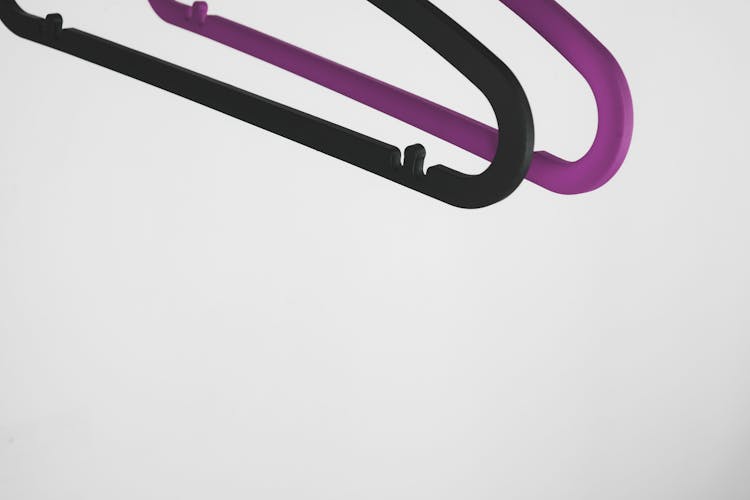All Categories
Featured
Table of Contents
In the journey to cultivating a minimalist closet, the first step involves a thorough analysis of what you currently own. It’s essential to scrutinize each item critically, asking yourself whether each piece is something you truly wear and cherish. Often, closets become filled with items that are rarely used, leading to unnecessary clutter. By purging items that no longer serve a purpose or bring joy, you can make room for clothing that aligns more closely with your current lifestyle and preferences.
Consider donating, selling, or recycling your less-used items, making way not only for a more organized space but also for a clearer mind. This step not only contributes to a more streamlined closet but also promotes a sustainable approach to fashion, minimizing waste and encouraging responsible consumption.
Setting Clear Wardrobe Boundaries
Knowing your personal style is pivotal in creating a minimalist wardrobe that resonates with your identity and daily needs. It involves a conscious effort to refine your taste and recognize the types of clothing that make you feel confident and comfortable. This understanding allows you to set clear parameters around what belongs in your closet, aiding in resisting impulse buys that do not fit your established style criteria.
By deciding on a set number of pieces, such as a practical limit on wardrobe items, you ensure each piece serves multiple purposes, thus maximizing utility and minimizing excess.
Choosing Durable and Versatile Clothing
Opting for quality over quantity is crucial in a minimalist wardrobe. This strategy involves selecting garments that are well-made and durable, resisting the fast fashion trend of buying cheap, disposable clothing. Such an approach not only ensures that your clothes last longer but also promotes a sustainable fashion industry. Versatile pieces that can be mixed and matched effortlessly allow for a variety of outfits from a limited number of items, demonstrating the practical beauty of minimalism.
Consider investing in timeless essentials like a good pair of jeans, a classic blazer, and quality footwear. These staples can serve as the foundation of countless ensembles, making daily dressing an easier and more pleasant experience.
Organizing Your Wardrobe Effectively
How you organize your closet can have a profound impact on your daily routine. Categorizing your apparel into clearly defined sections—such as workwear, casual outfits, and special occasion attire—helps in swiftly locating what you need, saving time and reducing stress in your morning routine. Embracing a structured closet setup encourages a thoughtful approach to each day’s outfit selection, reflecting an organized mindset.
Moreover, adhering to the 'one in, one out' rule ensures that your wardrobe remains uncluttered and manageable. This method of maintaining equilibrium in your closet can prevent the gradual accumulation of seldom-worn clothes that can lead to clutter.
Continuously Curating Your Closet
Remember that the creation of a minimalist closet is not a one-time task but an ongoing process. As your life circumstances and personal style evolve, so should your wardrobe. Regular check-ins to assess what items still resonate with your current aesthetic and lifestyle are essential. This enables you to remain true to your minimalist principles, ensuring your wardrobe is always filled with items that are loved and frequently worn.
Investing in better-quality hangers, like natural wood options, can also enhance the longevity and appearance of your clothes, providing sturdy support and a consistent look. These small upgrades can make a substantial difference in maintaining the elegance and functionality of your minimalist wardrobe.
By implementing these strategies, you can enjoy the benefits of a minimalist closet, characterized by clarity, ease, and alignment with your personal style.

Top Picks
Table of Contents
Latest Posts
Maximize Your Time: Techniques to Enhance Productivity
Innovative Teaching: The Rise of Learner-Centered Strategies
Transformative Education: The Acton Cincy North Academy Experience
More
Latest Posts
Maximize Your Time: Techniques to Enhance Productivity
Innovative Teaching: The Rise of Learner-Centered Strategies
Transformative Education: The Acton Cincy North Academy Experience